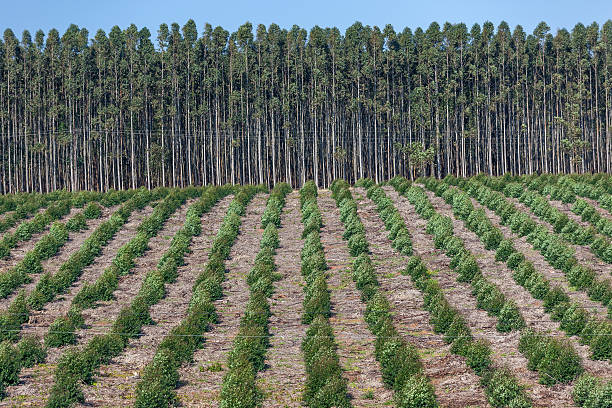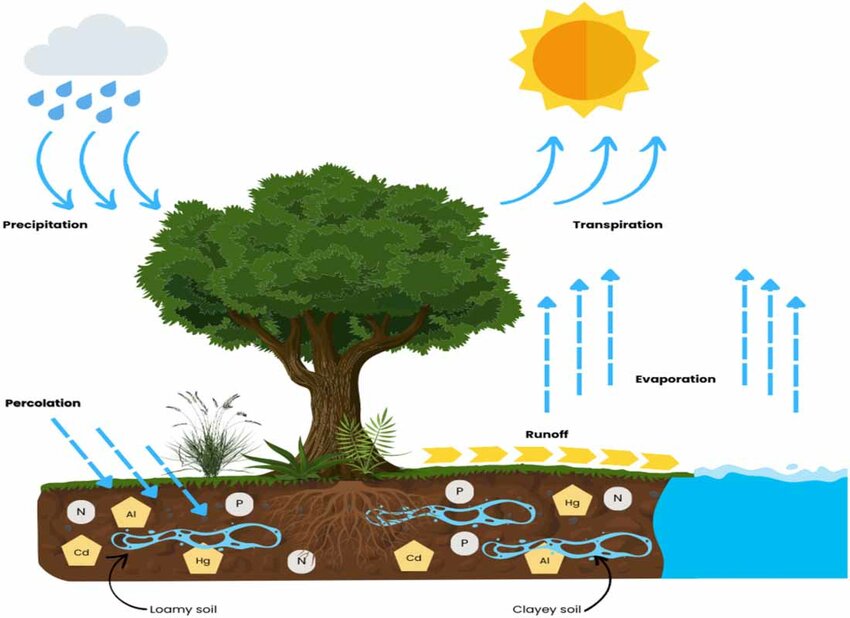
Benefits of Tree Plantations
Environmental Improvement

Tree plantations are essential for enhancing environmental quality. Trees absorb carbon dioxide, a major greenhouse gas, and release oxygen, which helps to purify the air we breathe. By capturing pollutants and particulate matter, trees contribute to cleaner air and a healthier atmosphere. This process mitigates the effects of climate change and supports overall environmental health.
Climate Regulation

Trees play a vital role in regulating the climate. They help moderate temperatures by providing shade and releasing moisture through a process called transpiration. This cooling effect reduces the urban heat island phenomenon, where city areas become significantly warmer than their rural surroundings. By stabilizing temperatures, trees contribute to a more balanced and predictable climate.
Biodiversity Support
Tree plantations are crucial for supporting biodiversity. Trees create habitats for numerous species of birds, insects, and other wildlife. They provide food sources and shelter, which are essential for the survival of many species. By fostering a diverse range of flora and fauna, tree plantations help maintain ecosystem balance and resilience, which is vital for long-term environmental sustainability.
Soil and Water Management

Trees contribute significantly to soil and water management. Their root systems help prevent soil erosion by stabilizing the ground and reducing runoff. This process enhances soil fertility by allowing organic matter to accumulate and decompose. Additionally, trees play a role in water management by increasing groundwater recharge and reducing surface runoff, which helps prevent flooding and ensures a sustainable water supply.





